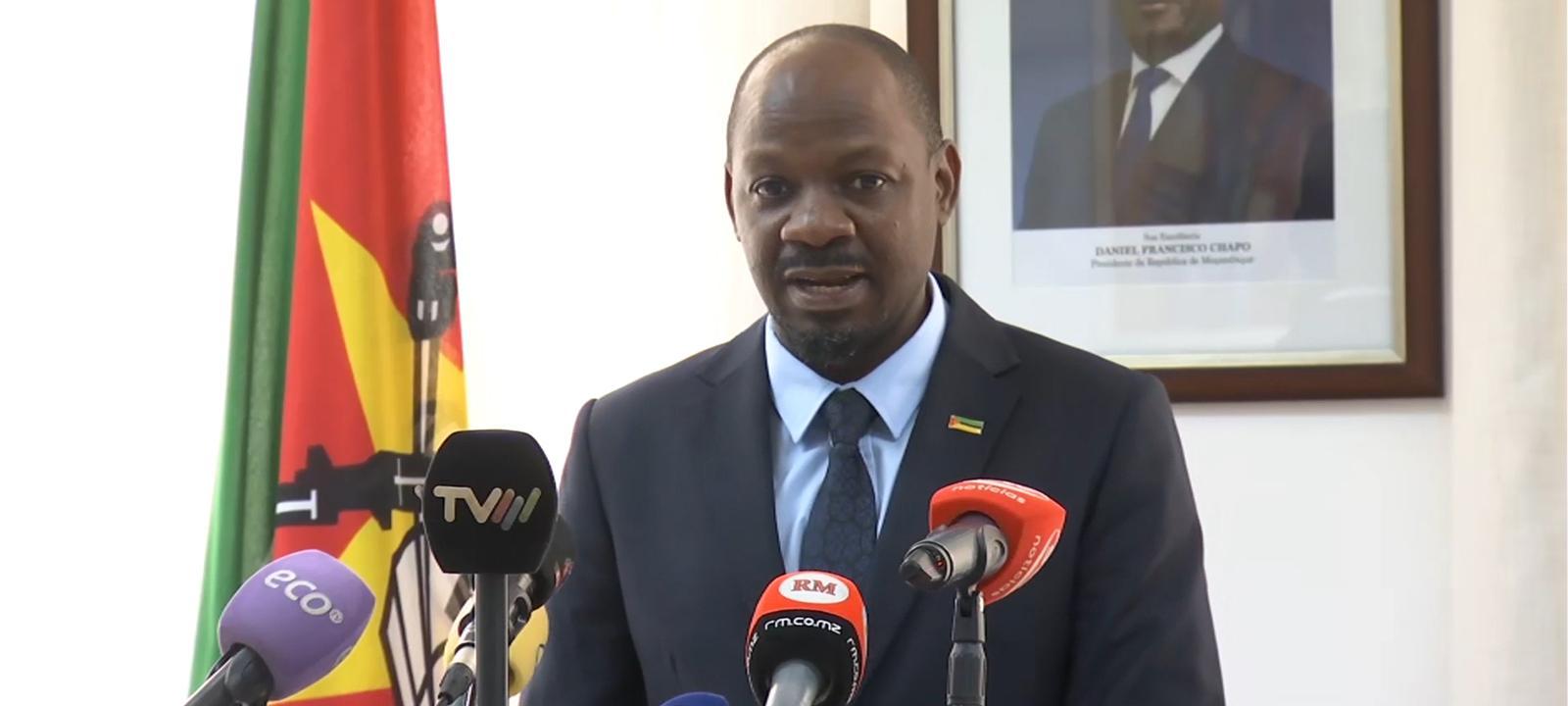Africa-Press – Mozambique. The Mozambican government announced today that it is investigating the attack that occurred on 10 May on the Russian oceanographic vessel Atlântida in the sea off Cabo Delgado in northern Mozambique, an area where terrorist groups remain active.
“At this moment, the investigations are ongoing and as soon as there are concrete results and we confirm what actually happened, the government will, with full transparency, provide clarifications to the public and the international community,” government spokesman Inocêncio Impissa told reporters in Maputo.
The issue is an alleged attack on a Russian vessel, confirmed on 16 May by an official source at the Russian Embassy in Maputo. According to the source, the 62-metre ship, which was carrying out marine research work, was returning to the port of Maputo when, at around 3:00 p.m. local time on May 10, it was attacked more than three miles off the coast of Tambuzi Island, in the Quirimbas archipelago.
“It was attacked by two unknown vessels, which did not make contact with the ship, but opened fire on it,” the source explained, stating that the perpetrator of the attack remains unknown.
The ship then stopped in Maputo before heading for Durban, South Africa.
Inocêncio Impissa told journalists that the government had not yet received formal notification from the Russian Embassy regarding the incident, but added that Mozambique was already investigating the alleged attack, saying that it was “committed” to security in its territorial waters.
“The Defence and Security Forces are already closely monitoring the information released and broadcast through the media and have opened an investigation process to determine with the utmost rigor the veracity of the facts of the attack and the circumstances,” Impissa said, clarifying that Mozambique is treating the matter with “seriousness and caution”.
Local sources have already associated this incident with attacks by terrorist groups operating in that region. If confirmed, it would be the first of its kind.
On May 16, Mozambican researcher João Feijó considered that the armed groups operating in the north of the country have “reorganized” and are now focusing on attacks in areas with weak military protection, seeking to create an international impact.
“What the insurgency did was to avoid confronting their enemy [military forces] where they are strongest, which is precisely where the Rwandan [troops] are, in Palma and Mocímboa da Praia, and to reorganize where the enemy is weakest, which is the Mozambique Armed Defense Forces [FADM],” said João Feijó, a researcher at the Observatório do Meio Rural (OMR), a Mozambican non-governmental organization.
Since October 2017, the gas-rich province of Cabo Delgado has been facing an armed rebellion with attacks claimed by movements associated with the extremist Islamic State group, which have displaced more than a million people.
In addition to Cabo Delgado, the neighbouring province of Niassa was in April the scene of attacks by members of these groups, who beheaded two forest rangers, while the Islamic State claimed the death of three people in an attack in the same area.
In 2024 alone, at least 349 people died in attacks by Islamic extremist groups in the province, an increase of 36% compared to the previous year, according to data recently released by the Africa Centre for Strategic Studies, an academic institution of the US Department of Defence that analyses conflicts in Africa.
For More News And Analysis About Mozambique Follow Africa-Press






